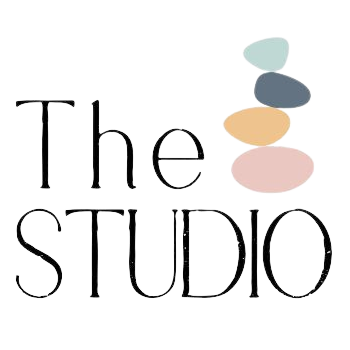Day 1 – 30 Day Self-Care Challenge
When it comes to journaling, people tend to either love it or hate it, according to those who frequently write about the subject.
If you love it, then you likely already know the value this particular activity can provide.
But if you fall into the second category and just can’t seem to get yourself to sit down and put your feelings on paper, you might just change your mind once you understand how much this one action can benefit you and your self-care.
One of the unfortunate side effects of a busy life and full schedule is the loss of connection to our inner world. We can be particularly vulnerable to the habit of taking care of everyone else, before tending to our own needs.
By creating even a brief opening in the day to pause, take stock and reflect on thoughts and feelings in a journal, we establish a rich connection with ourselves in ways that can benefit us, and our relationships.
For massage therapists, who depend upon highly tuned skills of presence and intuition, journal-writing is a great tool for developing self-awareness and enhancing your intuition, paving the way to deeper connection with clients.
Beneath the Surface
Journaling requires the simplest of tools: a piece of paper and a pen. It can be done at any time and place, and take any number of creative forms.
A common form is the daily diary. Like an explorer’s log, it captures the details of your life’s experience—the thoughts, observations, daydreams, conversations and ideas that mark your daily journey.
Over time, you are able to trace the path of your personal development and see the patterns that emerge in your life.
The real juice of journaling, however, comes from deeper forms of personal writing that facilitate an inner process, rather than a written product.
How to get started
There are a number of writing techniques to help you to develop more self-understanding, and tap into thoughts and feelings that often lie beneath the surface and outside normal awareness.
The most basic form of process journaling is a loose, unstructured, and fluid form of writing called freewriting. The key to freewriting is to write quickly, recording whatever comes to mind, following the train of your thoughts wherever it leads.
Your goal is to keep the hand and pen moving, without censoring your words or worrying about spelling, grammar or handwriting. In other words, you are absolutely free to ignore all conventions of “good” writing.
Freewriting isn’t about crafting beautiful prose, it’s about being immediate, authentic and uncensored by the critical part of your mind.
“The purpose [of freewriting] is to invite the subconscious and unconscious minds to empty their purses on a table before you so that you may sift through and see what has been forgotten,” said journal therapist Kathleen Adams.
How to start keeping a journal that involves freewriting: Take a notebook and pen, settle into a comfortable spot and give yourself a few minutes of uninterrupted time.
Begin by writing down whatever words come into your mind. If it helps, you can start out by describing the details you notice in your immediate environment, through all of your senses:
What do you see, hear, smell, taste and feel? What captures your attention?
Perhaps it is the pattern of light and shadow on the wall, the sound of the traffic outside, the scent of your tea, or the texture of a dog’s fur.
Using observations to prime the writing pump, continue to record your thoughts as they arise, without regard for order or clarity.
Your entries may sound completely nonsensical, disorganized and fragmented. That’s fine. Keep going. If you seem to run out of thoughts, then write about that: “I can’t think of anything to say … this is going nowhere ….”
Keep your hand moving until the process starts flowing again, or a new direction arises. By writing quickly and freely, you keep a few steps ahead of the conscious, rational mind, out of reach of its critical and self-defeating commentary.
Keeping a journal offers the promise of a deep and rewarding relationship with the most important person in your life: yourself.
By writing to enhance your self-acceptance and compassion, you can build more ease in your emotional center, in your mind, and in the work you share with your hands.
In Peace & Health,
Jessica Cavaco – Dagnello , LMT, CPT




